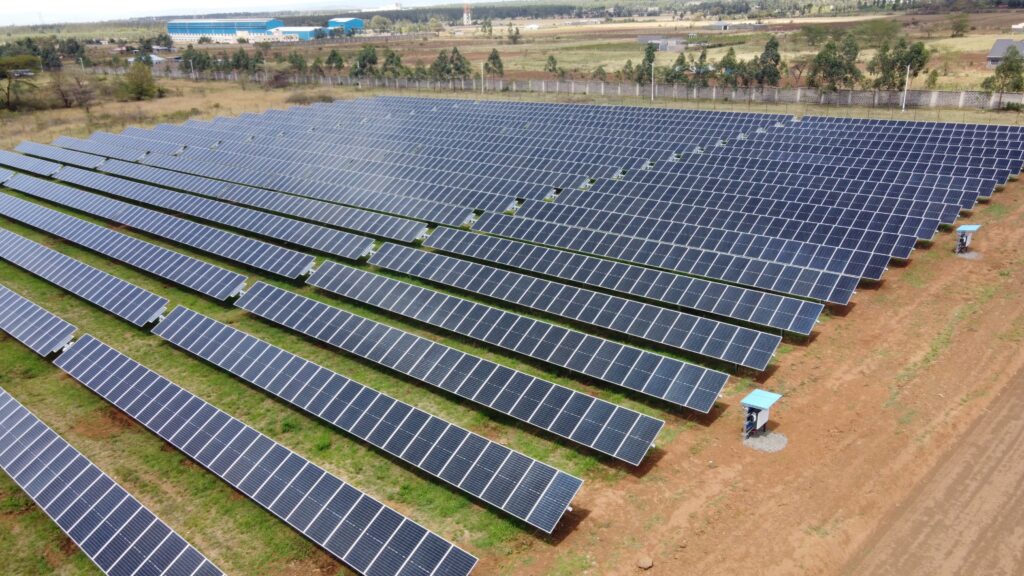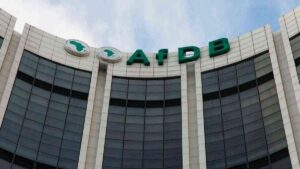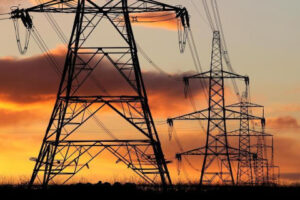
Nigeria, Africa’s largest economy, faces a daunting $2.3 trillion infrastructure gap projected to persist through 2043, hampering economic growth, energy access, and climate resilience. The African Development Bank (AfDB) has stepped up with its 2025–2030 Country Strategy Paper (CSP) for Nigeria, committing $650 million annually to drive sustainable, climate-smart infrastructure, focusing on roads, energy, and water systems. Complementing this, Nigerian researchers are making waves with market-ready prototypes for clean energy and sustainable infrastructure, offering homegrown solutions to bridge this gap. Together, these efforts signal a transformative push toward economic resilience, job creation, and climate adaptation, positioning Nigeria as a leader in Africa’s sustainable development journey.
The AfDB’s 2025–2030 Vision for Nigeria
Announced in April 2025, the AfDB’s CSP allocates $2.95 billion over the first four years, supplemented by $3.21 billion in co-financing from partners, to address Nigeria’s infrastructure challenges. The strategy prioritizes two pillars: promoting sustainable, climate-smart infrastructure to boost competitiveness and industrial development, and fostering gender- and youth-inclusive green growth through agribusiness and industrialization. Key initiatives include:
- Climate-Resilient Roads: Investments aim to modernize transportation networks, critical for integrating Nigeria’s domestic market and leveraging the African Continental Free Trade Area (AfCFTA). Resilient roads will withstand floods and extreme weather, reducing disruptions in trade corridors plagued by insecurity.
- Energy Systems: The AfDB supports Nigeria’s ambition to double its economy to $1 trillion by scaling renewable energy projects. This aligns with Mission 300, a World Bank and AfDB-led initiative to connect 300 million Africans to electricity by 2030, addressing Nigeria’s 85 million-strong electricity access deficit.
- Water Systems: Climate-smart water infrastructure will mitigate droughts and floods, supporting agriculture and reducing farmer-herder conflicts, particularly in Nigeria’s northern regions.
The strategy aligns with Nigeria’s Agenda 2050, National Development Plan 2021–2025, and the 2023 Renewed Hope Agenda, aiming to create 1.56 million jobs and empower millions, including women and youth, through programs like the Affirmative Finance Action for Women in Africa (AFAWA). Abdul Kamara, AfDB’s Nigeria Director General, emphasized, “We are not only building roads and power systems—we are building pathways to prosperity for millions of Nigerians.”
 Nigerian Researchers’ Breakthroughs: Clean Energy and Sustainable Infrastructure
Nigerian Researchers’ Breakthroughs: Clean Energy and Sustainable Infrastructure
Parallel to the AfDB’s efforts, Nigerian researchers are developing market-ready prototypes that promise to revolutionize clean energy and sustainable infrastructure. These innovations, supported by institutions like the Nigerian Institute for Renewable Energy Research, include:
- Solar Micro-Grids: Prototypes for scalable solar mini-grids are designed for rural communities, providing reliable power where the national grid is inadequate. These systems can power schools, hospitals, and small businesses, boosting local economies.
- Biomass Energy Solutions: Researchers have developed bioenergy systems using agricultural waste, reducing reliance on fossil fuels and addressing Nigeria’s methane emission challenges, as outlined in the 2021 Climate Change Act.
- Sustainable Building Materials: Innovations in eco-friendly construction materials, such as recycled plastic bricks and low-carbon cement, aim to reduce the environmental footprint of infrastructure projects while cutting costs.
- Smart Water Management: Prototypes for IoT-enabled water systems optimize irrigation and urban water distribution, enhancing resilience against climate-induced water scarcity.
Impact on Nigeria
The combined efforts of the AfDB and Nigerian researchers address critical challenges:
- Economic Growth: Infrastructure investments and clean energy solutions support Nigeria’s $1 trillion economy goal, reducing trade barriers and boosting manufacturing (projected to contribute 22.25% to GDP by 2043).
- Energy Access: With over 85 million Nigerians lacking access to electricity, solar micro-grids and the AfDB’s renewable energy projects can help close this gap, powering rural communities and spurring digital inclusion.
- Climate Resilience: Climate-smart roads and water systems mitigate the impacts of floods and droughts, protecting agriculture, which employs 35% of Nigerians, and reducing food insecurity.
- Job Creation and Inclusion: The AfDB’s focus on youth and women, alongside research-driven green jobs, addresses Nigeria’s 38.9% poverty rate and high unemployment among its youthful population.
References
- African Development Bank Group. (2025, April 30). Nigeria: African Development Bank Approves Strategy to Boost Economic Growth. https://www.afdb.org
- African Review. (2025, May 2). African Development Bank targets Nigeria’s infrastructure. https://africanreview.com
- World Bank. (2025, April 9). Nigeria Overview: Development news, research, data. https://www.worldbank.org
- World Economic Forum. (2023, May 8). Nigeria is tackling barriers to the green energy transition. https://www.weforum.org
- Climatepolicyinitiative. (n.d.). Climate Policy Initiative. https://www.climatepolicyinitiative.org

